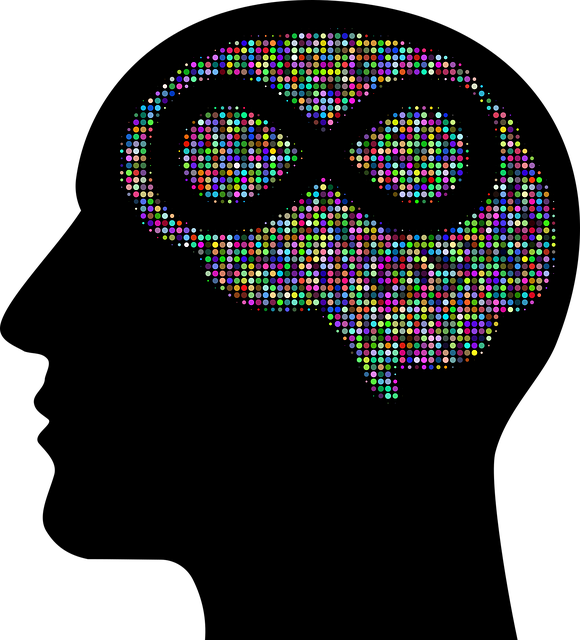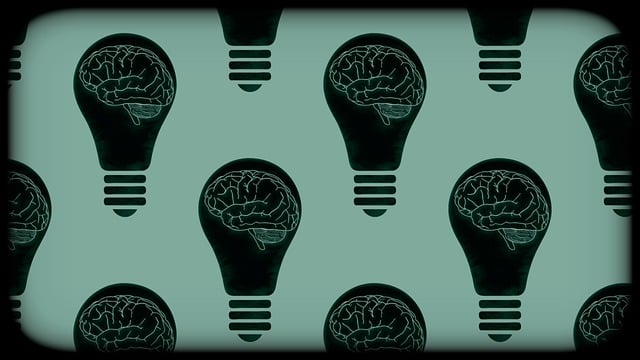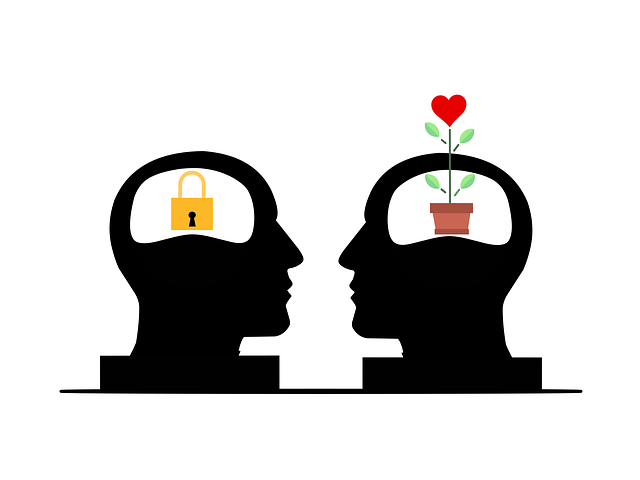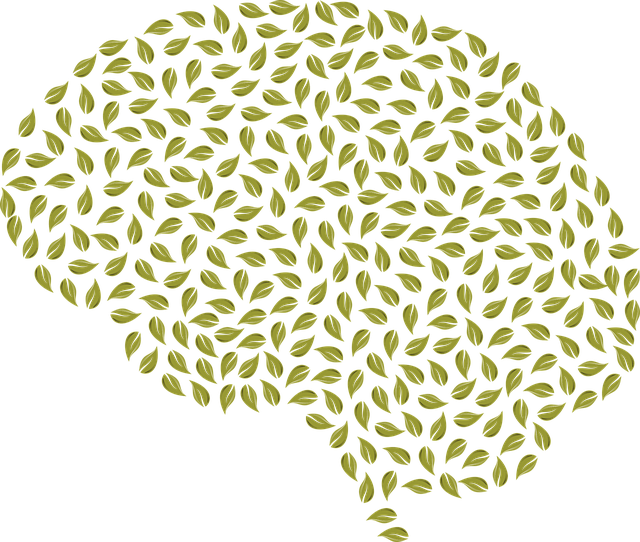Centennial Trauma Therapy (CTT) excels in the mental wellness app market by offering specialized, evidence-based trauma therapy tailored to specific types of trauma, emphasizing long-term mental wellness. To reach users seeking support for issues like trauma, stress, or anxiety, CTT employs a multi-faceted marketing strategy: identifying unique needs, highlighting accessible features, fostering community through online forums and peer support, leveraging content marketing with relatable stories, utilizing social media engagement, and collaborating with influencers to build trust and credibility, especially among younger audiences. This comprehensive approach aims to humanize mental health, empower users, and drive app adoption.
In today’s digital landscape, mental wellness apps are a burgeoning market. To thrive in this competitive space, developers like Centennial Trauma Therapy must craft strategic marketing plans that resonate with diverse users. This article delves into an effective marketing strategy for Centennial Trauma Therapy, focusing on understanding the target audience’s needs and pain points related to trauma therapy. We explore unique selling points, content marketing, social media engagement, influencer partnerships, and more, providing a comprehensive guide for success in the digital mental health arena.
- Understanding Target Audience: Identifying Needs and Pain Points for Mental Health Apps
- Positioning Centennial Trauma Therapy: Unique Selling Points and Differentiation in a Competitive Market
- Content Marketing Strategy: Engaging Stories, Educational Resources, and Community Building
- Social Media Engagement: Leveraging Platforms to Create Awareness and Foster Trust
- Influencer Partnerships and Collaboration for Amplified Impact
Understanding Target Audience: Identifying Needs and Pain Points for Mental Health Apps

Understanding your target audience is a cornerstone when developing marketing strategies for mental wellness apps like Centennial Trauma Therapy. To effectively reach and engage users seeking mental health support, it’s crucial to identify their unique needs and pain points. Many individuals dealing with trauma, stress, or anxiety are often in search of accessible, convenient, and non-judgmental resources that align with their personal growth journeys.
Apps that offer evidence-based practices, such as Mind Over Matter principles, can resonate deeply with this audience. By highlighting features like coping skills development through interactive tools and tracking progress, these apps cater to the desire for self-improvement and mental wellness management. Additionally, a sense of community, fostered through online forums or peer support programs, can be a powerful motivator for users on their path to recovery. Implementable strategies, including community outreach program implementations, can help bridge the gap between digital resources and real-life support networks.
Positioning Centennial Trauma Therapy: Unique Selling Points and Differentiation in a Competitive Market

Centennial Trauma Therapy stands out in a crowded market by offering specialized services tailored to address specific trauma types. Their unique selling points lie in providing evidence-based therapy models, ensuring a personalized approach for each client’s journey towards healing. The app distinguishes itself through its focus on long-term mental wellness, going beyond quick fixes and promoting sustainable recovery.
In a competitive landscape, Centennial Trauma Therapy’s differentiation strategy centers around education and empowerment. By offering resources and tools to help users understand and manage trauma, the app empowers individuals to take control of their mental health. This approach caters to a wide range of clients—from those seeking stress reduction methods to others focusing on self-esteem improvement and even social skills training—all while maintaining a specialized focus on trauma therapy.
Content Marketing Strategy: Engaging Stories, Educational Resources, and Community Building

In today’s digital landscape, a content marketing strategy is essential for mental wellness apps to connect with their audience. By sharing engaging stories and real-life experiences related to Centennial Trauma Therapy, these platforms can humanize complex mental health issues and build trust. Narratives that highlight successful recovery journeys or provide insights into the therapeutic process can resonate deeply with users, fostering a sense of community and belonging. Educational resources are another powerful tool; offering informative blog posts, videos, or webinars on topics like self-awareness exercises, stress management techniques, and even healthcare provider cultural competency training, equips individuals with valuable tools to navigate their mental wellness journeys.
Community building is a game-changer in the mental health space. Encouraging user-generated content, online forums, or peer support groups allows individuals to connect, share experiences, and offer mutual support. This sense of community can significantly enhance the effectiveness of self-care practices, making users feel less isolated in their struggles. Moreover, integrating risk assessment tools within these platforms can empower users by providing personalized guidance and early interventions, ultimately contributing to improved mental health outcomes.
Social Media Engagement: Leveraging Platforms to Create Awareness and Foster Trust

In today’s digital age, social media platforms offer a powerful tool for marketing mental wellness apps like Centennial Trauma Therapy. By actively engaging with users on channels like Instagram, Facebook, and Twitter, the app can build awareness and establish trust. Sharing insightful content related to anxiety relief and emotional well-being promotion techniques, the app can position itself as an authority in the field. User-generated content, testimonials, and interactive polls are effective ways to encourage conversations around mental health and foster a sense of community. This strategy not only helps in reaching a wider audience but also creates a safe space where individuals can connect, share their experiences, and find support.
Leveraging these platforms allows the app to showcase its unique features and benefits while addressing common concerns related to mental wellness. By consistently delivering valuable information and engaging with followers, Centennial Trauma Therapy can build a loyal user base. Using relevant hashtags and collaborating with influencers who advocate for mental health awareness further amplifies the app’s reach. This multi-faceted approach ensures that more people are informed about the app’s capabilities, ultimately driving downloads and fostering a culture of open dialogue around emotional well-being.
Influencer Partnerships and Collaboration for Amplified Impact

Influencer partnerships and collaborations can significantly amplify the impact of marketing strategies for mental wellness apps, especially when targeting a younger demographic. By partnering with influencers who have personally experienced or advocate for mental health awareness, such as those associated with Centennial Trauma Therapy, app developers can leverage their reach and credibility. These influencers can share their stories and highlight how the app assists in self-esteem improvement and promotes cultural sensitivity in mental healthcare practice, effectively connecting with their audience on a deeper level.
Such collaborations not only enhance brand visibility but also foster trust among potential users. Influencers can provide authentic testimonials, demonstrating the app’s effectiveness through real-life usage scenarios, including navigating challenges related to cultural competency training for healthcare providers. This strategy ensures that marketing efforts resonate with diverse audiences, encouraging adoption and positive word-of-mouth within various communities.
Developing a comprehensive marketing strategy for mental wellness apps involves understanding your audience, defining unique selling points, and leveraging various channels. By identifying user needs, positioning Centennial Trauma Therapy’s distinct benefits, creating engaging content, and fostering social media trust, you can successfully navigate the competitive market. Influencer collaborations further amplify reach and impact, ensuring your app stands out as a valuable resource for mental health support.










